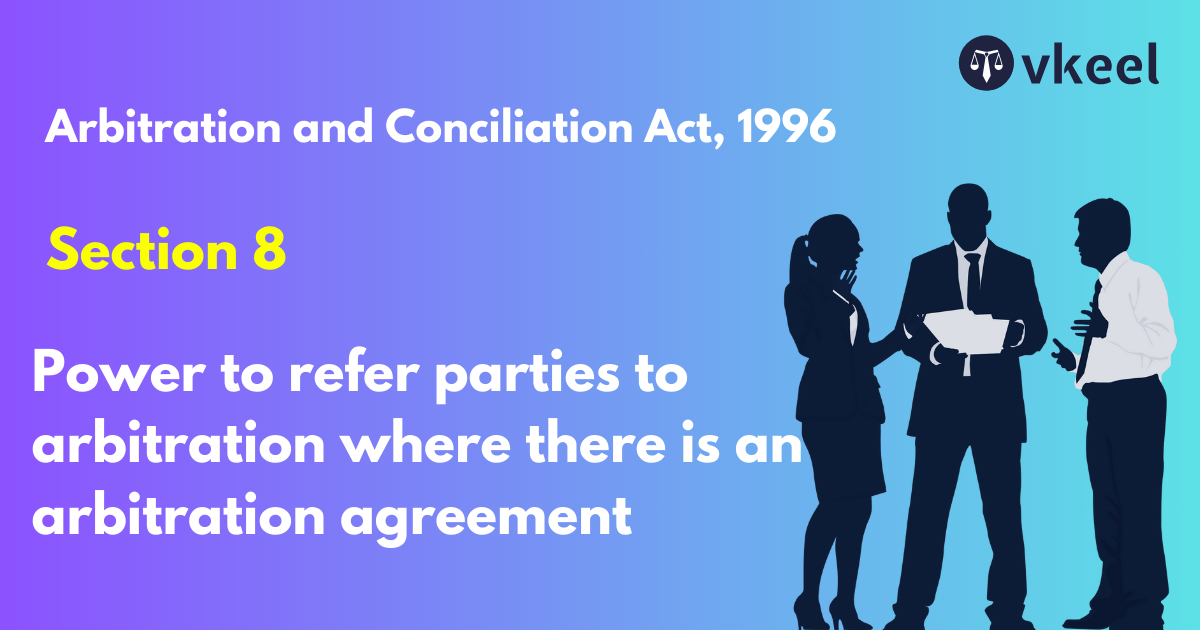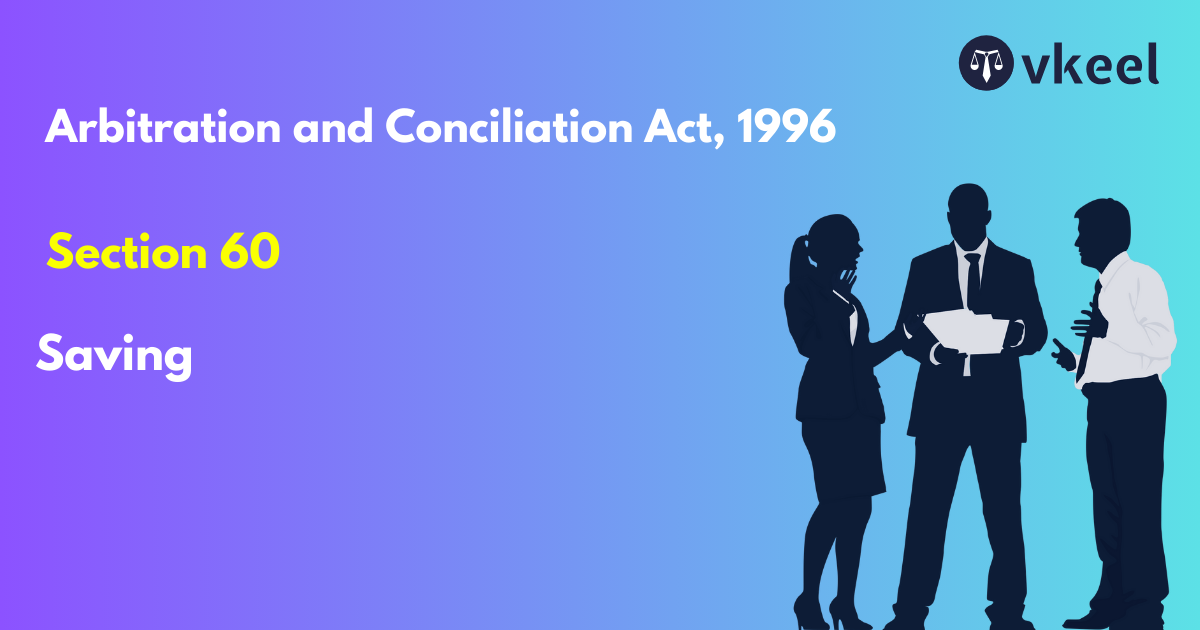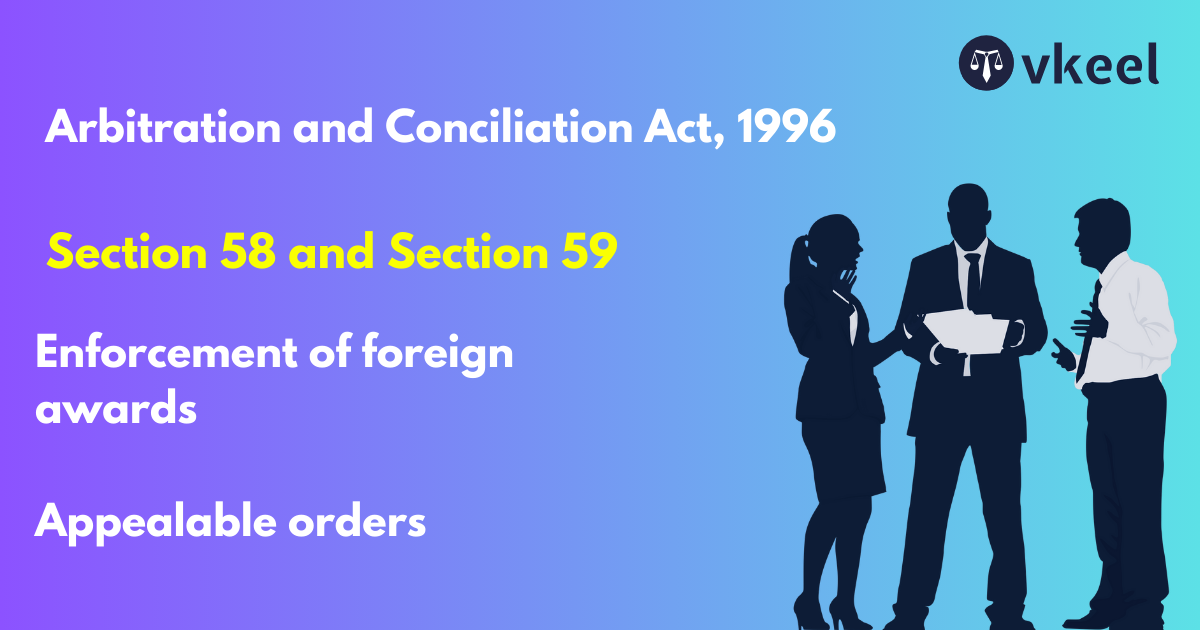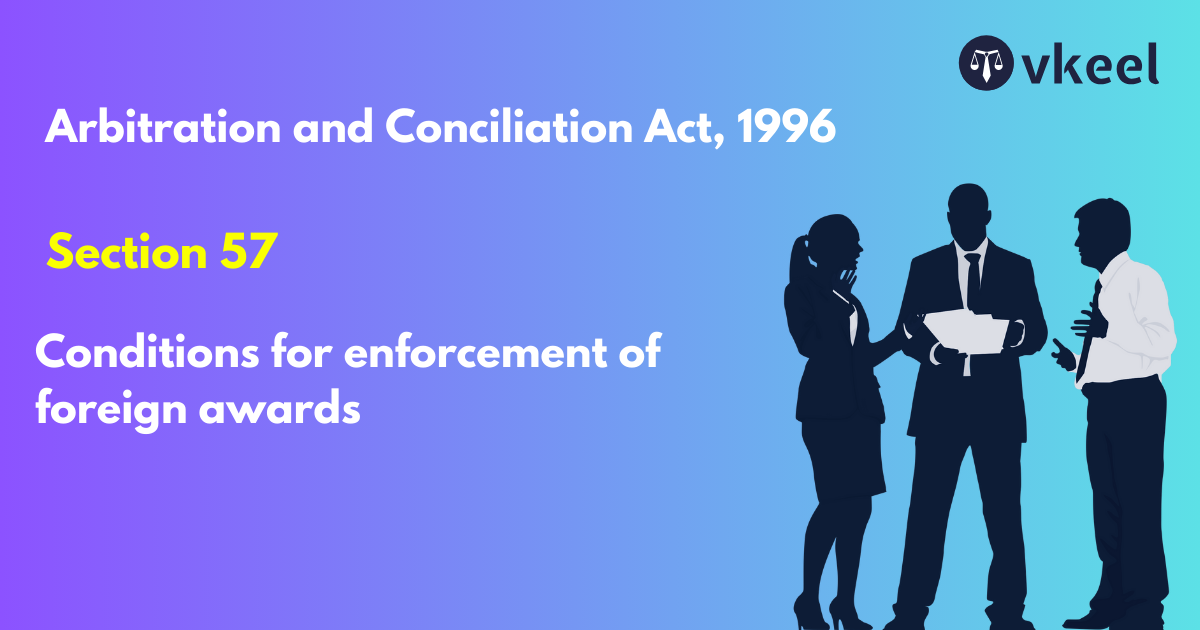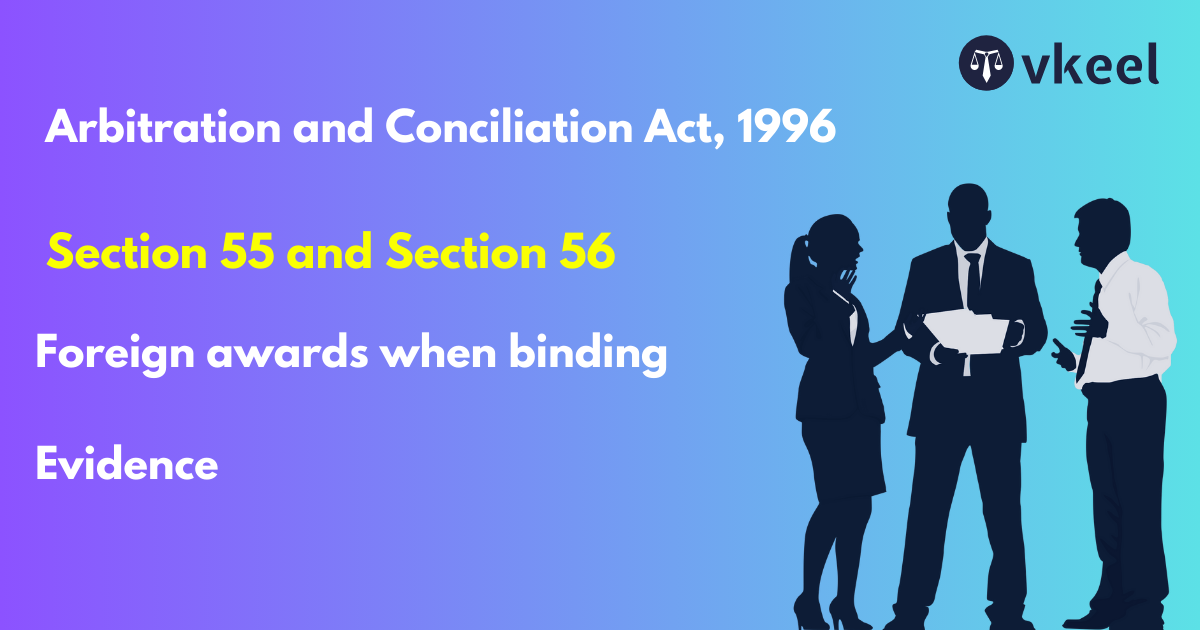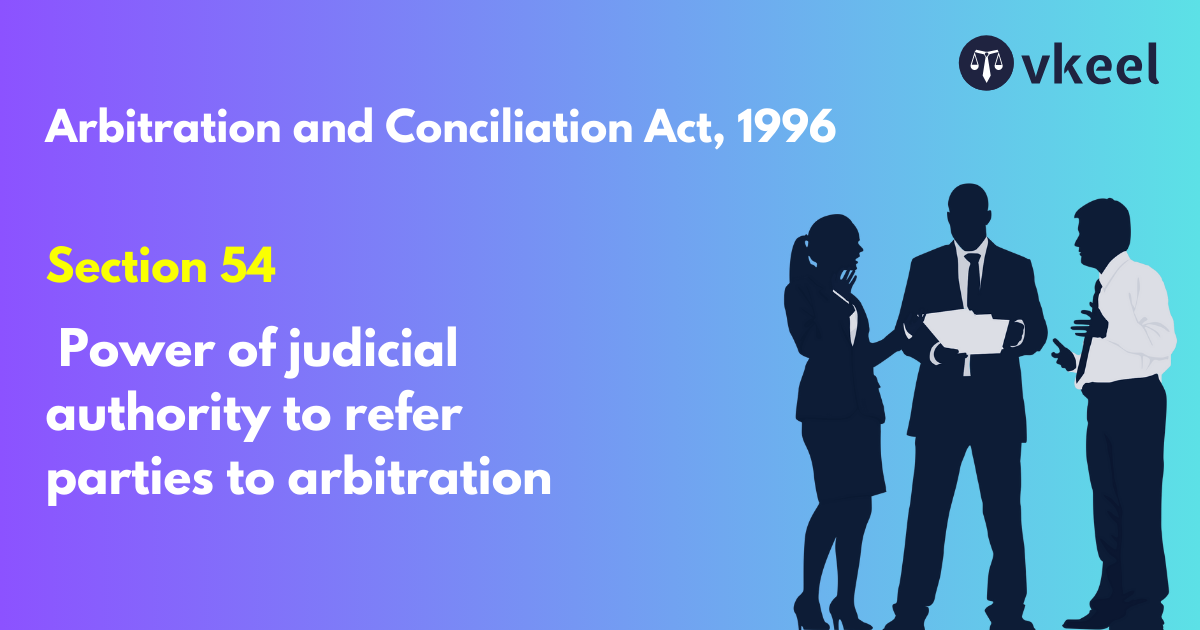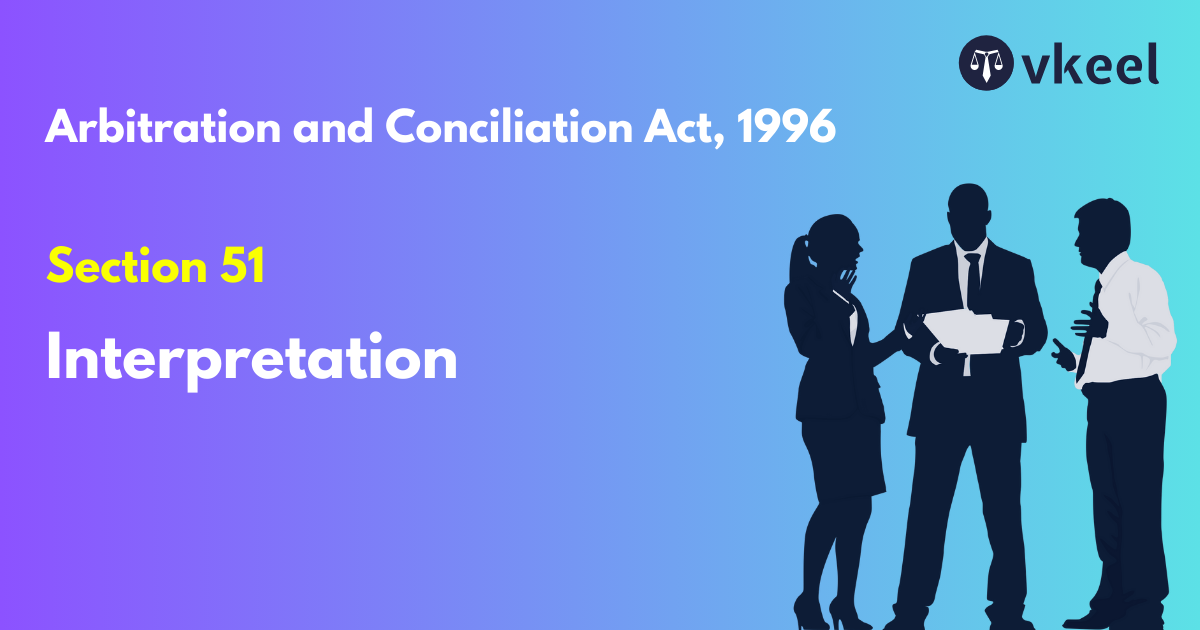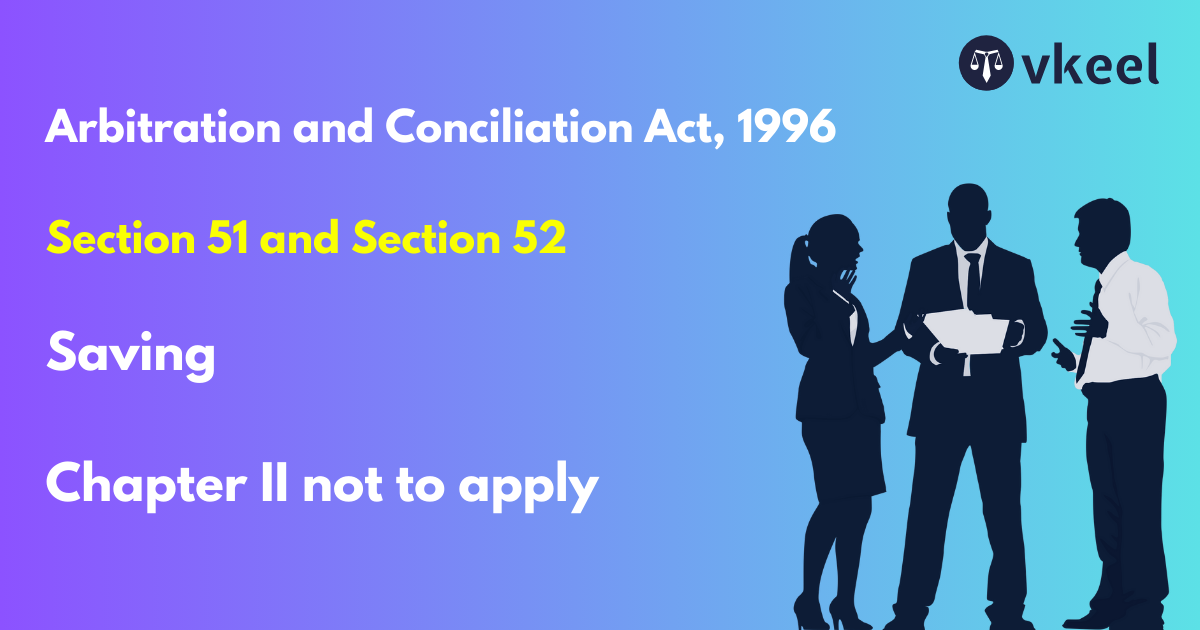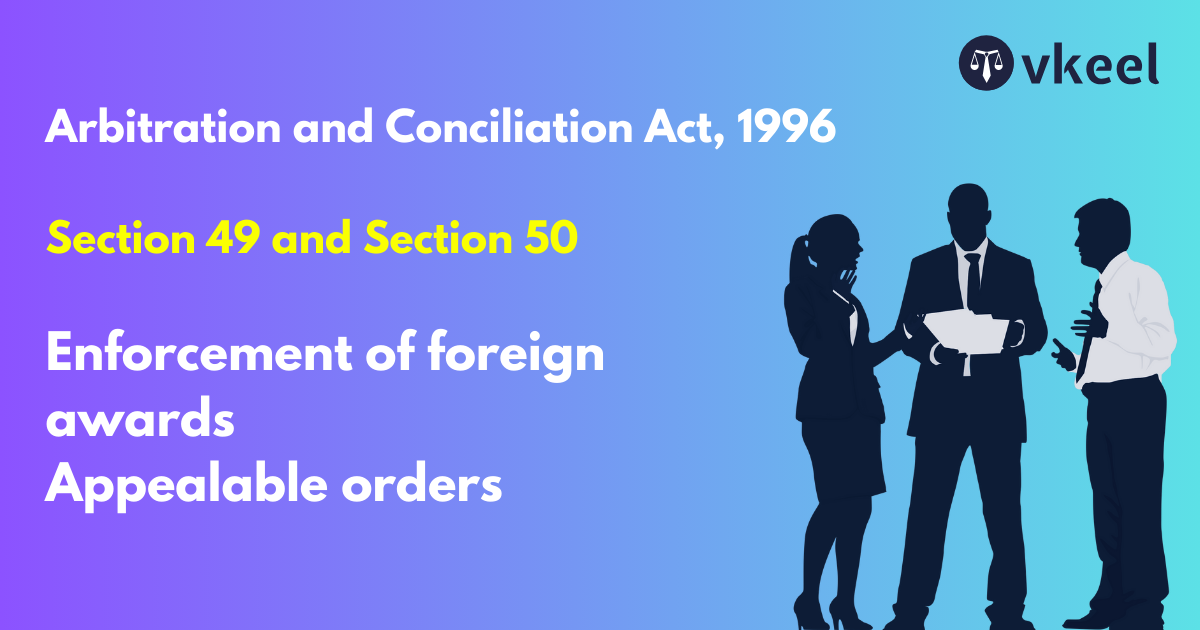Section 8: Arbitration and Conciliation Act, 1996
By Nivedita Dhiman
Table of Contents
Introduction
The aforementioned Section talks about the powers of Civil court. Thereby in a situation where application is pending, the former has to be disposed off and not kept pending so as to give go-by to the other provisions of the Arbitration and Conciliation Act, 1996.
The fundamental principle lies in the fact that the court of law has to hold a perspective that where there is an arbitration laws in a contract, the stay of proceedings in a civil suit brought about by matters pertaining to agreement, is the more expedient and proper course to follow. The former view was held in the case of Union of India v Lakshmi ice factory, 1964.
Section 8 of Arbitration and Conciliation Act, 1996
Power to refer parties to arbitration where there is an arbitration agreement.
– [(1) A judicial authority, before which an action is brought in a matter which is the subject of an arbitration agreement shall, if a party to the arbitration agreement or any person claiming through or under him, so applies not later than the date of submitting his first statement on the substance of the dispute, then, notwithstanding any judgment, decree or order of the Supreme Court or any Court, refer the parties to arbitration unless it finds that prima facie no valid arbitration agreement exists.] [Substituted by Act No. 3 of 2016 dated 31.12.2015.]
(2) The application referred to in sub-section
(1) shall not be entertained unless it is accompanied by the original arbitration agreement or a duly certified copy thereof.
[Provided that where the original arbitration agreement or a certified copy thereof is not available with the party applying for reference to arbitration under sub-section (1), and the said agreement or certified copy is retained by the other party to that agreement, then, the party so applying shall file such application along with a copy of the arbitration agreement and a petition praying the Court to call upon the other party to produce the original arbitration agreement or its duly certified copy before that Court.] [Inserted by Act No. 3 of 2016 dated 31.12.2015.]
(3) Notwithstanding that an application has been made under sub-section (1) and that the issue is pending before the judicial authority, an arbitration may be commenced or continued and an arbitral award made.
Landmark Judgements
A Ramaswamy v K Rama Murthy, 1999
The right to refer to arbitration once it is established cannot be defeated on technical grounds. The burden to establish that proceedings deserve to be stayed will be on the person who seeks stay and establishes the arbitration agreement. Sometimes the existence of an alternative remedy of referring the disputes to arbitration shall be gathered from the attendant circumstances and analysing all factors. Though an appellate authority is empowered to interfere in the discretionary orders passed by the subordinate courts, but such a power cannot be exercised automatically. It can be exercised only when it is shown that the order complained of is arbitrary, perverse or capricious and it is shown that interference is just and proper.
State of Rajasthan v Nav Bharat Const. Co, AIR 2002
The plea that the reference of a particular dispute being barred by res judicata could not have been a matter of adjudication by the arbitral tribunal cannot be allowed to be raised when the same was not agitated before the High Court. When disputes with regard to the second claim also arose after first reference was made, second reference cannot be said to be barred under O II R 2 of CPC.
Hema Khattar Vs Shiv Khera, 2017
A suit for injunction, arising out of the breach of covenant of partnership deed, was filed. On the maintainability of the suit, it was held that partnership though dissolved on the date of the filing of the suit, arbitration clause of the deed would survive for the purpose of resolution of disputes arising out of contract and thus the disputes can be resolved only by arbitration.
Asian Securities and Estates Ltd Vs Nausheen Riyaz, 2016
On the application of a party to refer the parties to arbitration, the Court must refer the parties to arbitration. However, before making such an order, the court must be satisfied that (i) a valid arbitration clause exists; and (ii) the subject matter of action is within the clause. Such an application should be made not later than submitting his first statement on the substance of the dispute.
Conclusion
This Section holds in itself authority in the judicial authority to refer parties to arbitration where there exists an arbitration agreement and also if the parties apply for it and are willing to take part in it.
It is no more res integra that the provisions of the Section are mandatory in nature.
Disclaimer:
The information provided in the article is for general informational purposes only, and is not intended to constitute legal advice or to be relied upon as a substitute for legal advice. Furthermore, any information contained in the article is not guaranteed to be current, complete or accurate. If you require legal advice or representation, you should contact an attorney or law firm directly. We are not responsible for any damages resulting from any reliance on the content of this website.

